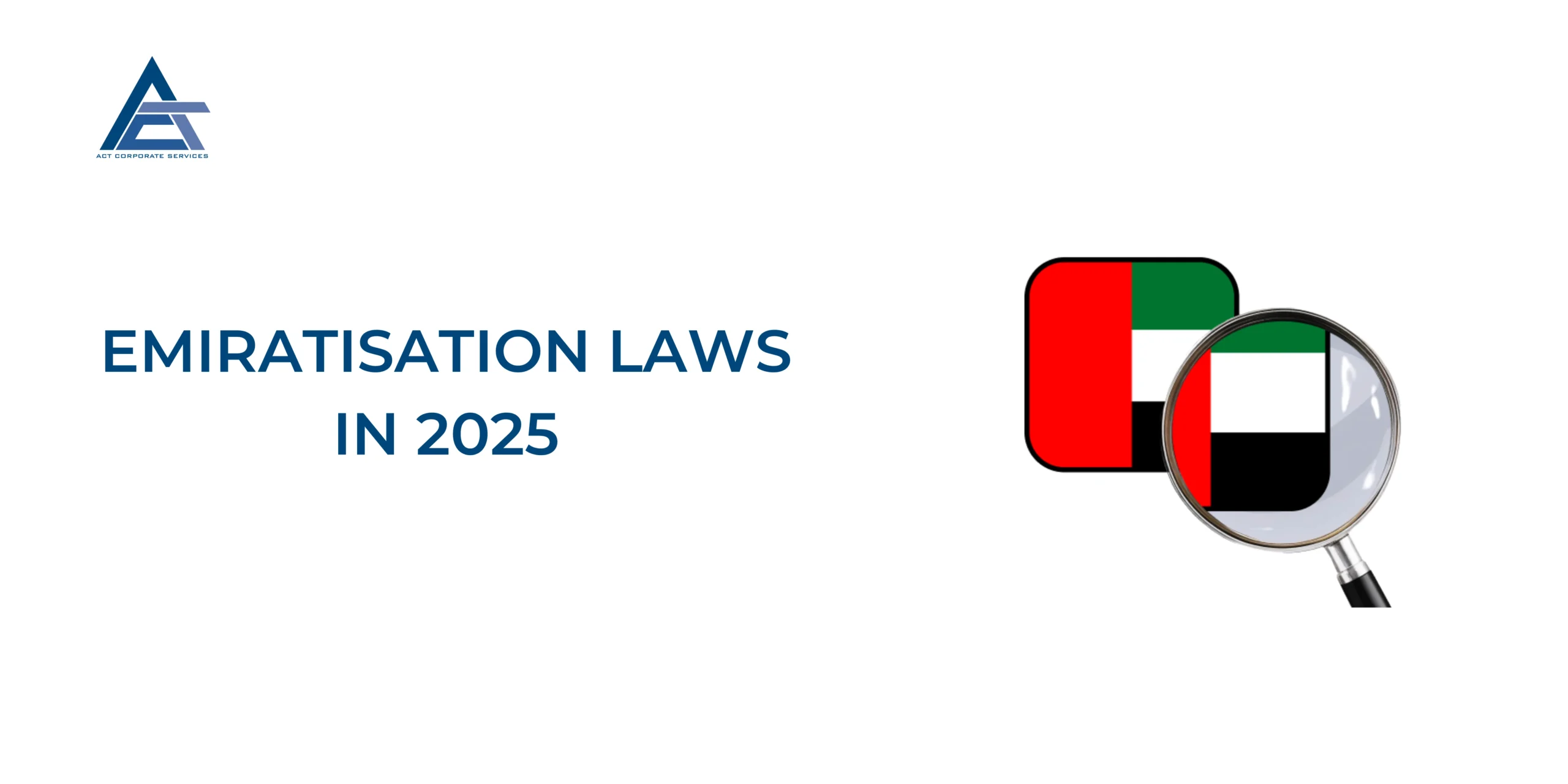100% business ownership with a Free zone company setup in Dubai and the rest of the UAE! But what are the other benefits and downsides? As business setup consultants, ACT regularly encounters individuals keen on setting up a freezone company. In most cases, these investors do not understand that a decision to be onshore or in a Free zone can have a long-standing impact on the day-to-day working of the company. Making an informed decision about whether or not your business requirements meet the rules and regulations governing the free zones involves understanding the advantages and disadvantages of Free zone Companies in Dubai and the rest of the UAE.
Free zones often cater to specific industries, and generally make it much easier to navigate the legality of starting a business. Yet, for all the thousands that have chosen a free zone to base their operations, many more have chosen to eschew them.
Advantages of free zone companies in Dubai
- 100% Ownership
This feature of setting up a Freezone company in Dubai is what attracts the majority of the interest. - Tax Exemption
Companies having a UAE Free zone company setup get exemption on taxes. - Import Duties Exemptions
Imports within the Free zone get an exemption from the 5% Customs Duty. However, the transfer of goods from port or airport to a specific Free zone outside the entry port jurisdiction still requires duty under deposit. - 100% Confidentiality
The Free zone Authorities keeps in confidence information on the assets owned by a UAE and Dubai Free zone Company Setup. - No Trade Barriers
Companies are free to trade with other companies within their Free zone jurisdiction. Also, all over the world with no trade limitations.
Disadvantages of Free zone companies in Dubai
- Trade Restrictions within UAE Despite these benefits, companies can have more difficulty in trading with companies outside their free zone. Most find it necessary to hire a commercial agent or distributor onshore to do business. The law technically prohibits free zone trade with the rest of the country. This is particularly for service providers. However, International trade does not fall under this category. In fact, they are allowed and encouraged, largely tax-free.
- Restrictions on expansion Onshore The disadvantages of a free zone company in Dubai include confinement to the business activity of the particular free zone. Expansion into other UAE markets is not permitted. This can be highly restrictive especially if the company intends to service the entire UAE market.
- Restricted to certain locations A Free zone company setup in Dubai limits choices of office spaces available. This is because there is a requirement for companies to set up within the Free zone jurisdiction. Hence, rent is subject to the prices available within that Jurisdiction.
- Limitation of activities A Dubai free zone company setup has limitations on activities. This is based on the specific specialization of the jurisdiction and its governance.
The decision to stay onshore or setup within a Free zone in Dubai or anywhere else in the UAE, both have their pros & cons. But there is no one form that takes the title of the ‘best option’. This is because each company has its specific requirements in terms of business activities, ownership. Also, it is essential that the choices match the requirements of the individual looking to setup a company.
For some, setting up an LLC may be the appropriate fit, as it allows them complete access to the UAE market. If foreign companies wish to setup in Dubai, Abu Dhabi or any other Emirate in the UAE, they can now do so by owning 100% shares. An LLC or a Foreign branch no longer needs the involvement or ownership from a UAE national sponsor or service agent.
Individuals can also operate as a sole establishment owned by the individual. Or even as a civil company owned by more than one individual or company.
For this reason, we urge you to look at hiring a business setup consultant like ACT PRO, who can ensure that the legal structure of your company allows you complete control over your business. And also, provide you with all options suitable to the demands of your business requirement. Therefore, helping you to make a decision on both the financial and operational implications governed by the legal form, activity, and jurisdiction where the company is established, whether a Free zone or onshore.
Tips
- Hire a business consultant to assist with the incorporation process. Given the incorporation complexities, hire a business advisory firm to incorporate the company and help deal with the process generally. This can be a local government and a Free zone.
- Select an appropriate location. Determine the most suitable location for the business. This can be based on distance, costs and if appropriate, tenancy terms and conditions.
- Confirm Visa eligibility. Visas are required for most non-UAE employees seeking to live in the UAE. However, the number varies depending on a number of factors. This would be including office size, nature of business, category of the employee or investor.
Traps
- Office space and tenancy terms and conditions. Advertised information in the free zone may give a wide choice of offices, but the reality may differ.
- Annual rental rates. These tend to be higher in free zones. Ensure to confirm the costing prior to proceeding with the Free zone as the incorporation fees may be affordable but the rent may not be in due course.
- Verify published information. Confirm the validity of the published information for business registrations. Rules tend to change in free zones and the local the Department of Economic Development.



